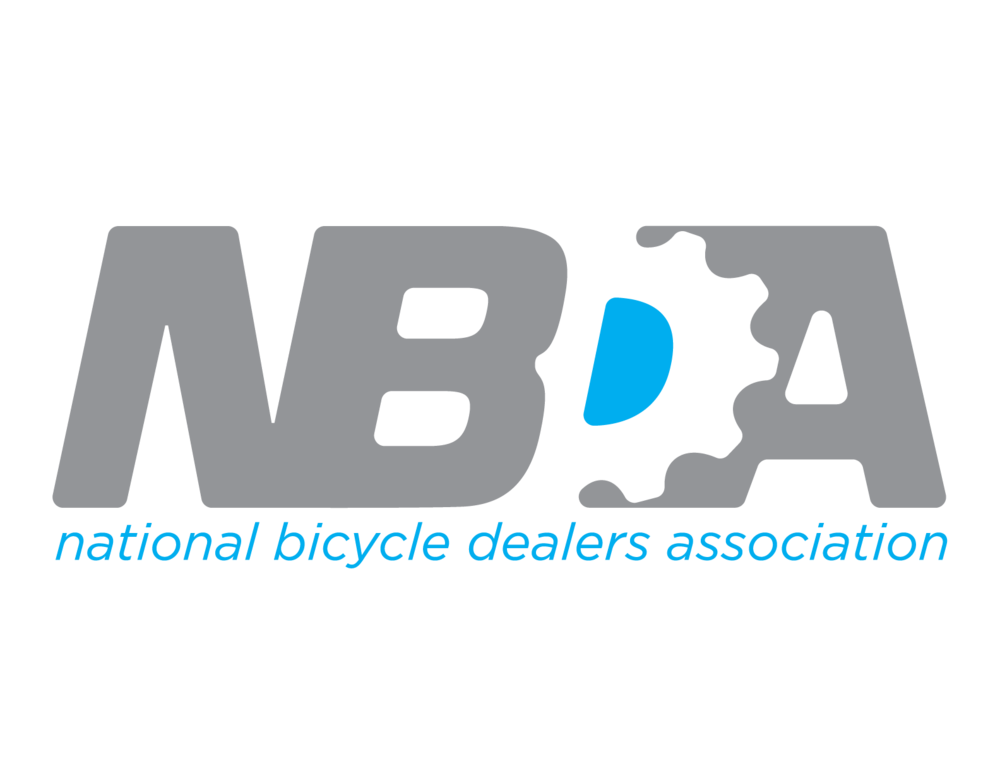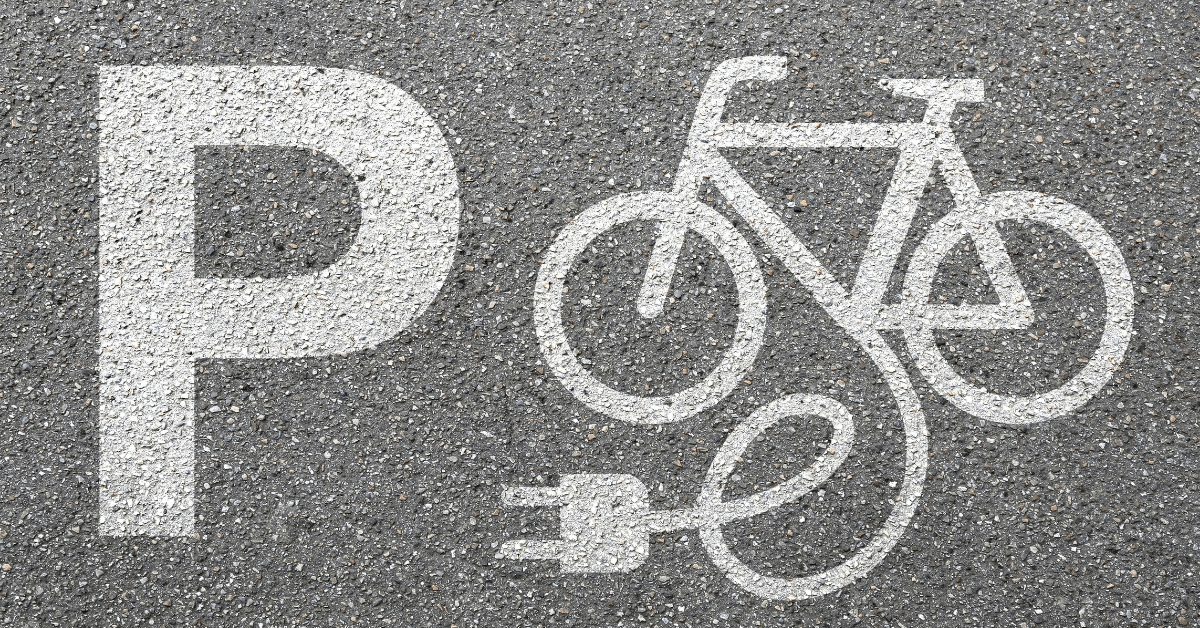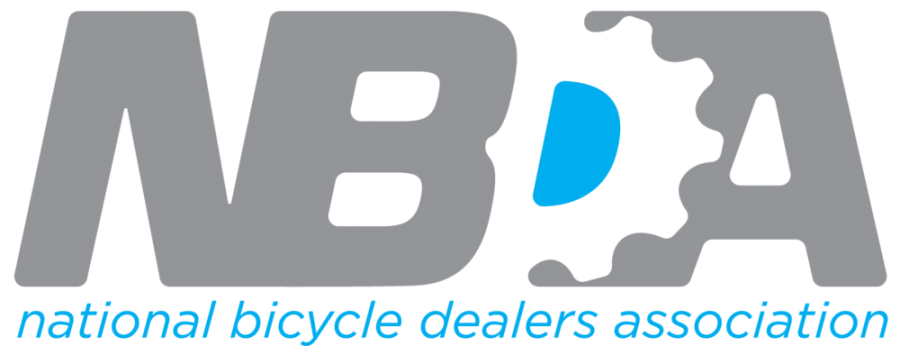Charge For Minor Service Jobs: How To Run a Profitable Bike Shop
Should You Charge For Minor Service Jobs?
The short answer is yes! You should charge for minor service jobs!
There seems to be a point at which many bicycle retailers may not charge for minor service jobs that are seen as incidental. The idea is that the “fix” took so little time, that it is worth building trust and community with the potential customer who came for the service quickly and, in some instances, mere seconds, performing the service and sending them on their way. The owner or employee may feel as if they just earned the potential customers’ respect and trust. The short answer is that you should most likely always charge for anything you provide as service, no matter how small. Now let’s cover two very different scenarios out of countless situations as examples of how many shops operate and how those who are intent on building a customer base and understand the need also to monetize things that were in the past giveaways. While these generate initially small dollars, they also have a much more critical underlying effect. Let’s look at three common examples of fixing it on the spot in front of the customer issues that can be a win-win for you and the customer to dig a little deeper.
1. The Unintentional Bar Spin
Spend any time greeting customers rolling a bike in the door, and you have seen this situation. The brakes don’t work, the bike doesn’t steer, and something is “off” about the bike. You immediately see the bars have been spun in a full circle. Easy fix, right? Of course, most of the time it is, but this scenario can also have damaged the ferrules, pulled a cable or housing to the point of damage, or even hurt the front brake. Regardless of the initial view, you should always put the bike in the stand and do a brief but thorough examination of the potentially damaged areas for the customer’s safety.
2. The Loose Skewer
You’ve seen this one. The front wheel is rattling, or a complaint of brake rub, maybe even a dangerously worn sidewall. Like the spun bars, this is an opportunity to quickly straighten and tighten the skewer or take the proper steps to identify any other potential safety issues that may be the result of improper care or bike adjustments.
3. Can You Pump Up My Tires?
This request seems like the most simple and straightforward service request in the world. So simple in fact that many bike shops provide either the pump or the service for free. I think having a pump for riders placed outside is not the worst mistake you can make. But this most basic need can also be an opening for new customer acquisition. A simple question can be the opening to a conversation that shows you are engaged and show you care about the issue of the rider – something like, “how are they often having to add air?” This conversation may open the door to a quick examination of their tires for cracks and wear, and a potential tire sale.
The Benefits Of Digging Deeper
Now let’s cover the top three reasons to convert the potential customer to an actual paying customer and demonstrate that your business is professional and worthy of future business.
1. Data Acquisition
The cornerstone of any small business’s ability to grow and market to its customer base is acquiring emails and cell numbers. By just performing a service without charging, even a nominal amount, you lose the ability to grab, create a customer, and market to them for life. The importance of this cannot be overstated; here’s a great article that drives home reasons for collecting emails – Why Collect Emails? 7 Benefits Of Building An Email List.
2. Repair documentation
One nice thing in addition to the customer data gained is to show a level of professionalism by entering the work completed into your system attached to the customer for future reference if the problem continues. It is always helpful to pull up some information to give a clear picture of the situation. I once had an angry customer berate me that the tires I had sold them had rotted in one year. When we pulled up the customer and found the repair, it was found that they had indeed paid for new tires, but it was three years prior on a different bike – their daughters in fact, which when the customer checked that bike on arrival back home called and apologized profusely. Two things happened during this confrontation. 1. We diffused an uncomfortable situation by acting in a professional manner backed up by our data. 2. Gained a customer for life by quickly identifying the issue, which was that the bike in question had never received new tires, which were evident to us, but that the customer was also nearly 100% correct. The data saved the day!

3. Profit
Simply put, why do work for free that has an actual value. Think about the spun bars situation. A customer has an issue they cannot solve. They load their bike and make the trip to your store. By acting professionally, solving the problem, and verifying there are no other underlying issues, you not only demonstrate your knowledge by being professional (think about the definition of expert for a moment). You also validate the need to charge. The customer came to you and had their problem solved and most likely did not expect it to be for free. Have you ever been to the doctor for a complaint, told to give it a couple of weeks to resolve, and then gotten billed several hundred dollars? A $5-10 charge for a quick and professional fix to the average consumer is not only unheard of but welcomed.
Conclusion
As you can see, the above gives you multiple compelling reasons never to let a simple fix be an excuse to not gain and impress a rider through simple work to acquire and develop the trust of a new and future customer. Many consumers today expect a certain level of professionalism. Remember, these quick transactions can be a valuable conduit to creating a customer for life versus being treated as an “awe shucks I couldn’t possibly charge you for something so simple.” There are other benefits to always putting the bike in the stand as well when you may notice a frayed cable, missed bar end plug, etc. Be professional and impress those who have come to you for just that, while gaining the ability to make a tidy profit and gain a customer for life.
By David DeKeyser
If you found this article or others from Outspokin’s insightful and informative, please consider joining the NBDA if you haven’t already by visiting NBDA.com as the NBDA has benefits that can save you money and improve your business.
Ultimately, your membership adds to the Specialty Bicycle Retailer’s collective voice in the NBDA’s efforts to represent and advocate for your interests.
Listen to our podcasts on Bicycle Retail Radio.
Learn more about our peer to peer networking groups in the P2 Project, the ultimate Group experience for the specialty bicycle retailer. This dynamic process brings together successful industry leaders to learn, brainstorm, evaluate, and create a more successful business model.
We also offer one on one business consulting with David DeKeyser in our P2 Consult Program. A successful formal retailer from whom you can learn how to refine your business strategy in our ever-changing retail environment and improve your retail business operations to grow and succeed.
 The NBDA has been here since 1946, representing and empowering specialty bicycle dealers in the United States through education, communications, research, advocacy, member discount programs, and promotional opportunities. As shops are facing never-before-seen circumstances, these resources offer a lifeline. Together, we will weather this. We at the NBDA will not waver in our commitment to serving our members even during this challenging time—but we need your support.
The NBDA has been here since 1946, representing and empowering specialty bicycle dealers in the United States through education, communications, research, advocacy, member discount programs, and promotional opportunities. As shops are facing never-before-seen circumstances, these resources offer a lifeline. Together, we will weather this. We at the NBDA will not waver in our commitment to serving our members even during this challenging time—but we need your support.
Now is the time to become a member as we join together to make one another stronger. Whether you’re a retailer or an industry partner, your membership in the NBDA is one of the best investments you’ll make this year.
Learn more about the benefits of being a member and join now.





